We fight for our clients to recover fair compensation for workplace injuries.
If you have been injured on the job or developed a work-related injury or illness, you may have questions about workers’ compensation, such as:
- What kinds of injuries are covered by workers’ compensation?
- What benefits are available?
- Do I need an attorney to pursue benefits?
Our experienced workers’ compensation team can help you understand the workers’ compensation process and help you secure the benefits you deserve for your work-related injury.
WHAT IS WORKERS’ COMPENSATION?
Workers’ compensation is a type of insurance coverage that New Jersey law requires most employers to provide for their workers. Only employees are entitled to workers’ compensation; Independent contractors do not receive these benefits unless they purchase their own independent insurance policy.
Some employers try to classify workers who should be considered employees as independent contractors to avoid paying benefits like workers’ compensation. This is illegal, and an experienced attorney may be able to help you determine whether you may be misclassified and entitled to benefits.
Like other kinds of insurance policies, the policyholder (your employer) pays a set amount (the “premium”) for a specific amount of coverage (compensation paid in the case of a claim). Your employer’s premium depends on many factors, including the type of business activity engaged in, the company’s history of prior accidents and workers’ comp claims, and the total amount of payroll.
Generally, higher-risk industries have higher insurance premiums. This makes sense since it’s more likely an insurance company will have to pay substantial amounts on claims involving physical injuries to workers at a manufacturing facility or construction site versus office and retail workers.
If an employee suffers a work-related injury or illness, the employer’s insurance carrier is responsible for paying the medical expenses covered by the policy and paying any appropriate compensation for wage loss and disability that is due to the injured worker.
Many workers feel guilty pursuing workers’ compensation claims because they worry that their employer will be directly liable for paying their medical bills and lost wages. This is not the case. While a claim may affect an employer’s future premiums, the employer’s insurance carrier pays the amounts involved in the actual claims.
For a full guide to workers’ compensation in New Jersey, see our detailed guide here.
What kinds of injuries are covered?
Workers’ compensation provides benefits to workers who are injured in specific work-related incidents, who sustain work-related occupational injuries or diseases (like hearing loss, asbestos-related disease, repetitive motion injuries, etc.), or who are killed on the job.
Generally, who is “at fault” for your injuries or illness is not a factor in determining whether you are eligible for workers’ compensation benefits. Under the NJ Workers’ Compensation Act, you are eligible for workers’ comp benefits as long as the injury was “sustained in the scope of your employment.” Although this sounds simple, today’s modern workplace sometimes makes it difficult to determine whether an employee is “on the clock” for purposes of liability or workers’ compensation recovery. An experienced workers’ compensation attorney can help sort out the facts of your case and help you determine whether you may be eligible for workers’ compensation benefits or, if not, whether you may be entitled to pursue a personal injury claim.
What benefits are available through workers’ compensation?
Workers may receive a few different kinds of benefits from the worker’s compensation system. These include
- Medical Benefits
- Temporary Disability Benefits
- Permanent Partial Benefits (loss of some ability to work)
- Permanent Total Benefits (loss of all ability to work)
- Death Benefits
Unfortunately, workers’ compensation does not provide any compensation for pain and suffering. If you are eligible for workers’ compensation benefits, you are (in most circumstances) barred from making any additional claims or filing a lawsuit for your personal injuries. Depending on the circumstances, however, there may be one or more third parties who could be legally responsible for your injury (manufacturers of dangerous substances found in your workplace that contributed to your disease, for example). An experienced workers’ compensation attorney can help you evaluate all of your recovery options and pursue the compensation you deserve.
DO YOU NEED AN ATTORNEY FOR A workers’ compensation CLAIM?
For many reasons, workers who are injured on the job are frequently denied the workers’ compensation benefits they deserve. Workers’ compensation insurers, like all insurance companies, have attorneys working hard on their behalf to minimize their financial obligations. The workers’ compensation system can involve confusing paperwork, deadlines, and administrative requirements. An attorney can help you understand your rights and responsibilities, advocate for the compensation you deserve, and ensure that you properly file and follow up on all of the required paperwork and supporting documents for your claim.
If you have been denied workers’ compensation benefits for a work-related injury, if your benefits have been terminated, or if an insurer is seeking repayment for benefits it has already paid, you need an attorney.
A workers’ compensation lawyer can help you work out a settlement with your employer’s workers’ comp carrier, challenge a denial of coverage, or pursue a lawsuit for your claims. If litigation is appropriate, our experienced workers’ compensation team will help you every step of the way, including filing a Claim Petition, prepare for hearings, undergoing an independent medical examination (IME), testifying in an examination under oath (EUO), evaluating and obtaining medical and expert testimony, participating in mediation or arbitration, and filing an appeal of the Workers’ Compensation Board’s decision if necessary.
Our team is ready to speak with you about the many topics that can arise during a workers’ compensation case, such as
- Covered vs. non-covered claims
- Employee benefits
- Employment status
- Medical treatment
- No-fault liability issues
- Notice periods
- Statutes of limitations
- Treatment and waiting periods
FREE WORKERS’ COMPENSATION CONSULTATIONS
If you’ve suffered a workplace injury, we want to help you recover. When you schedule a free consultation with our team, we’ll discuss your potential claims as well as what to expect during the legal process. Don’t wait—contact us today.





